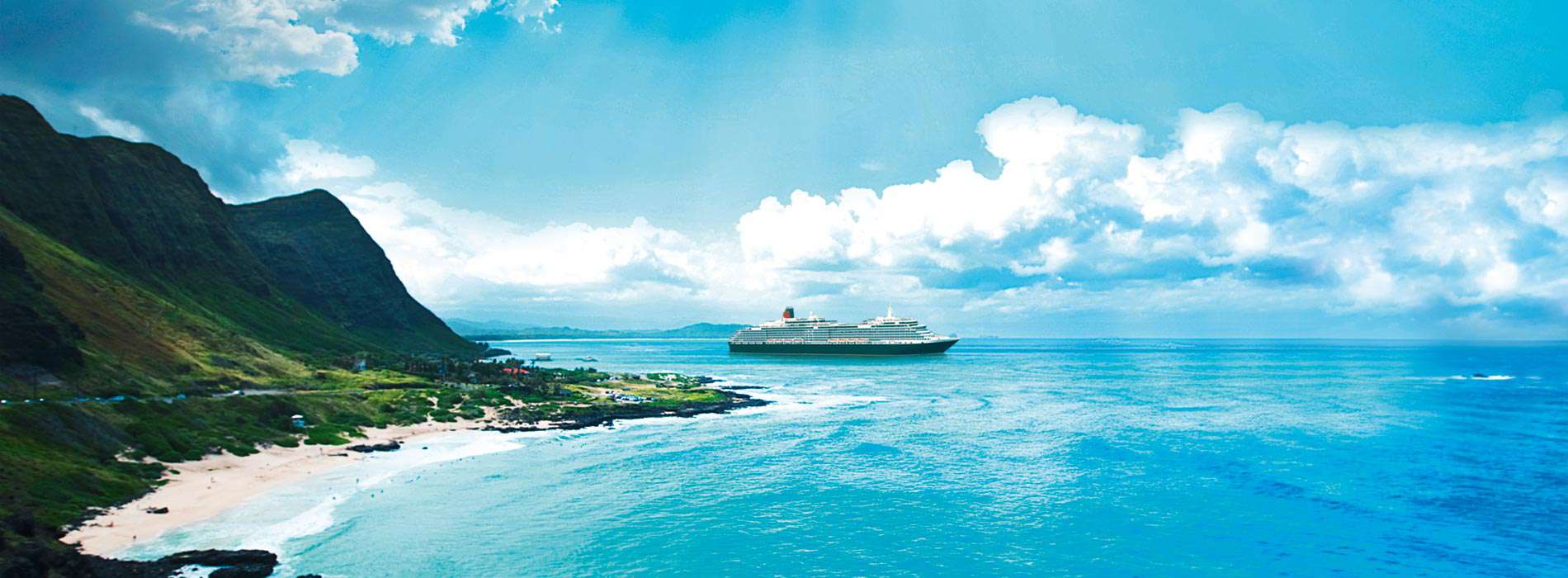Aloha Hawaii!
Rakabudiswa: 13.02.2017
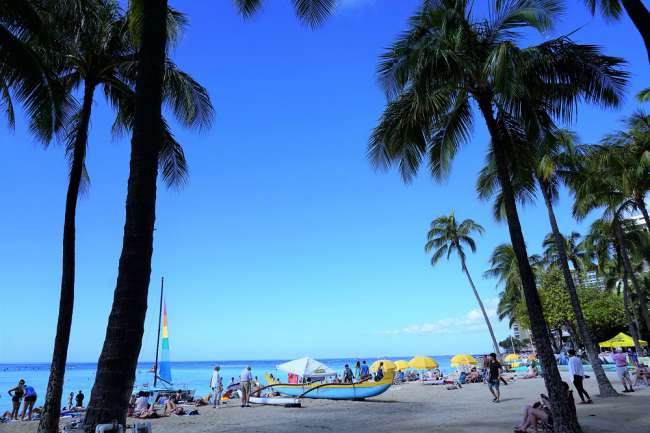
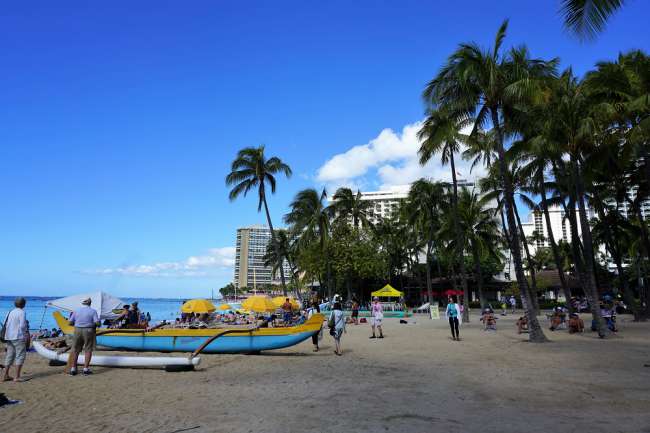
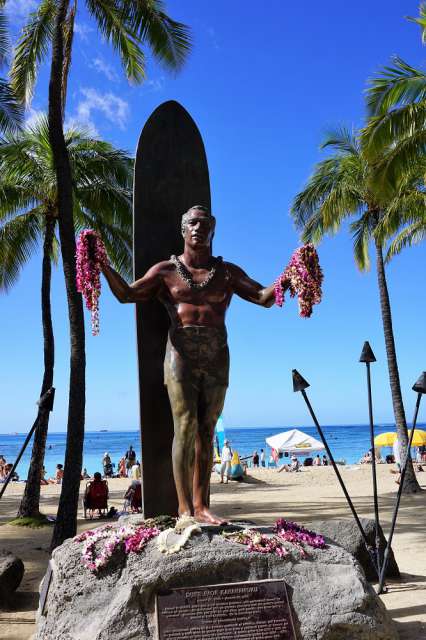
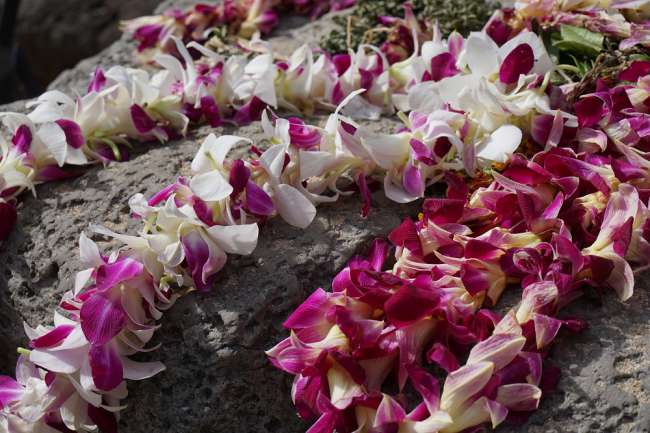
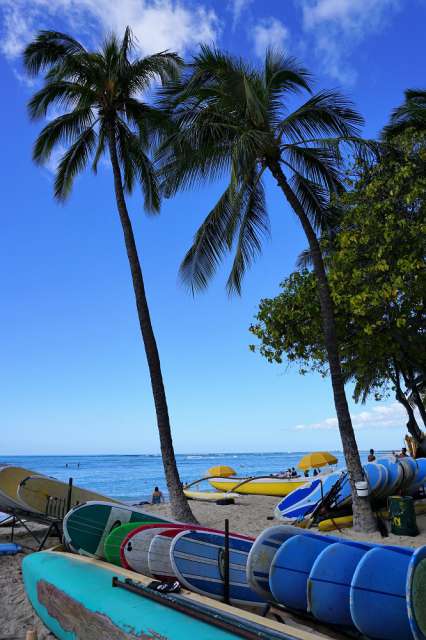
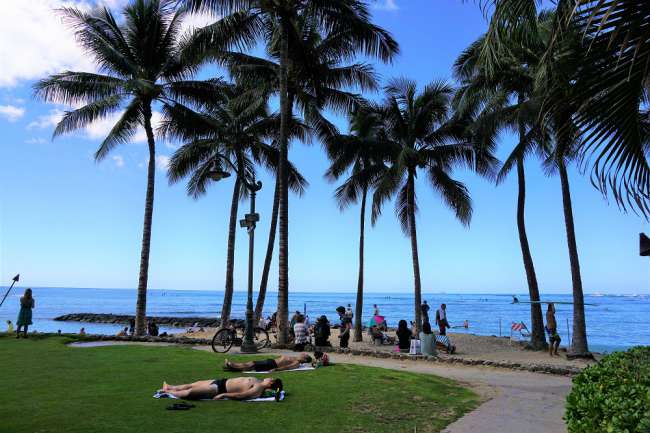
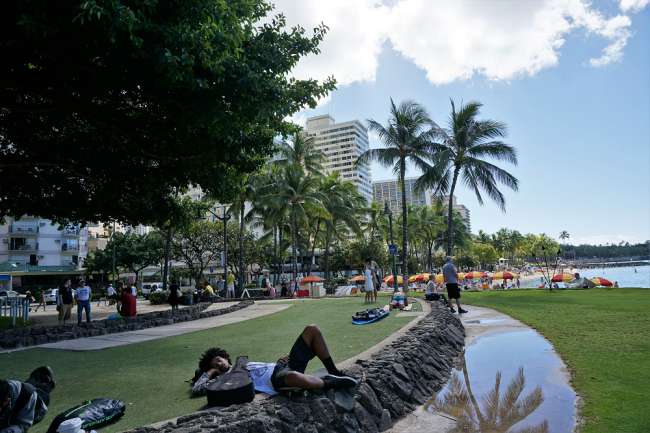
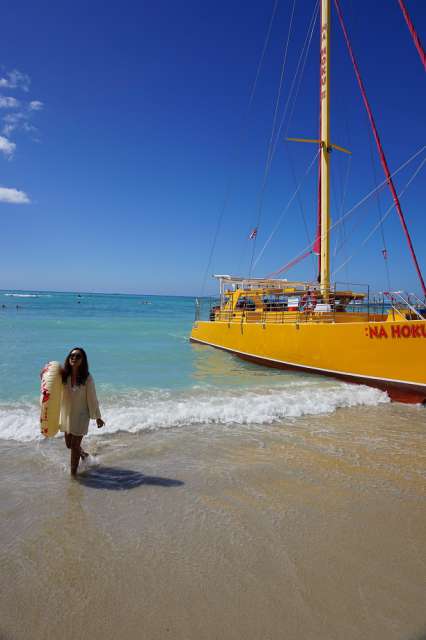
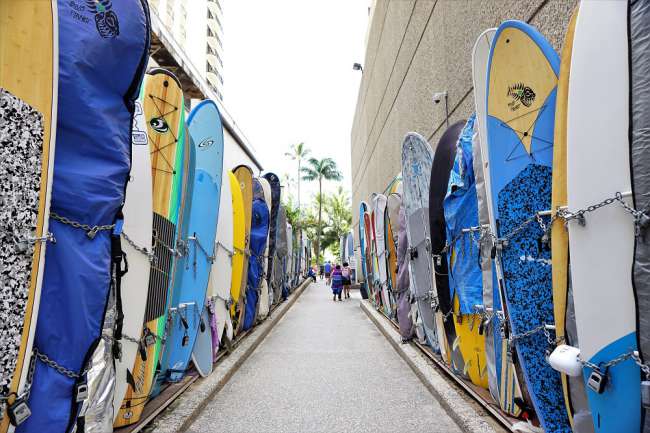
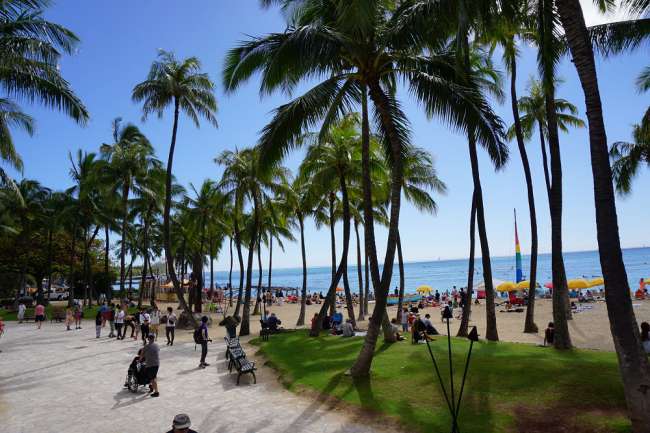
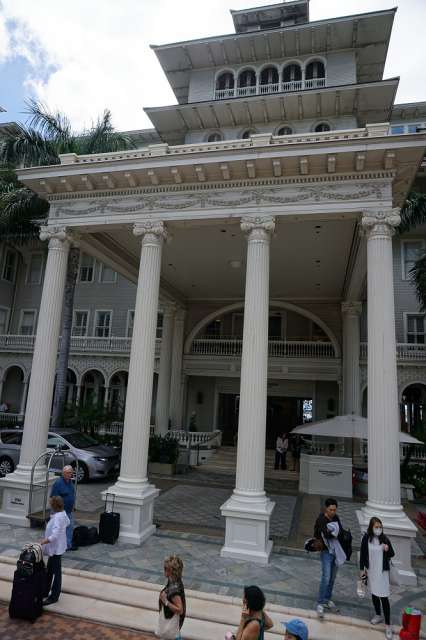
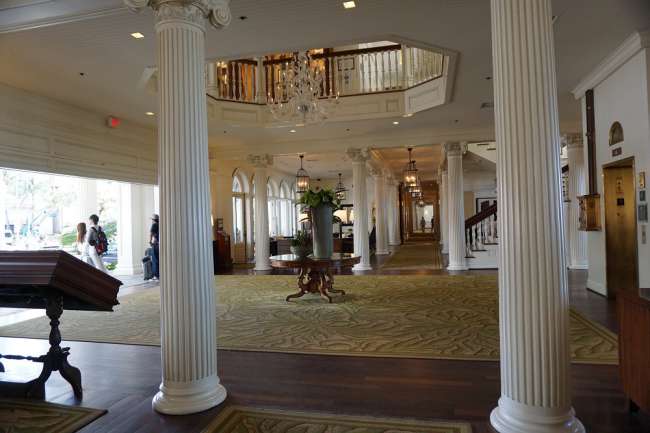
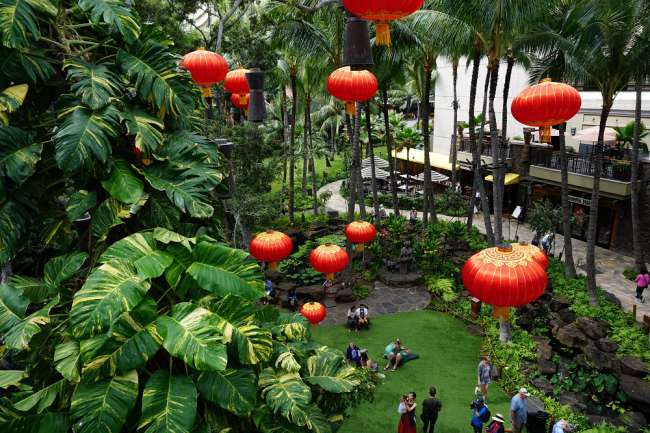
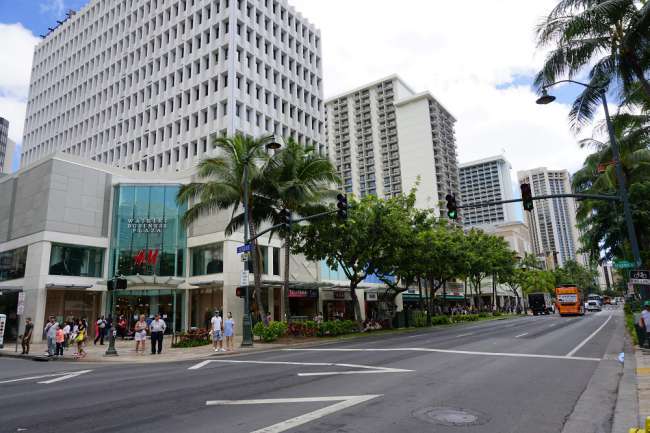
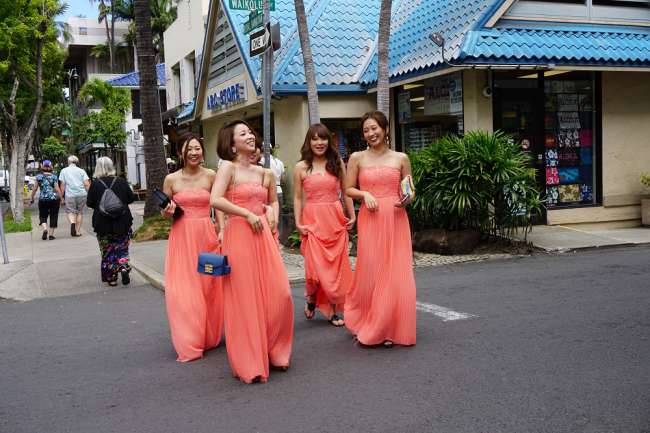
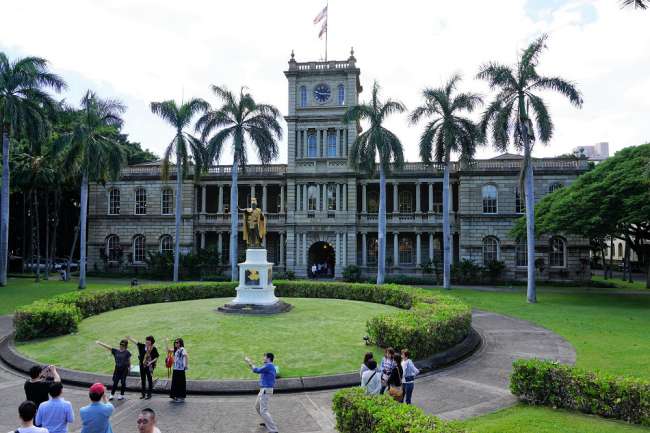
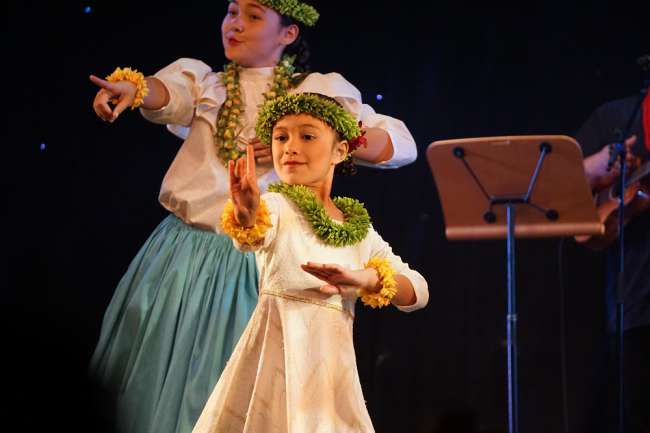
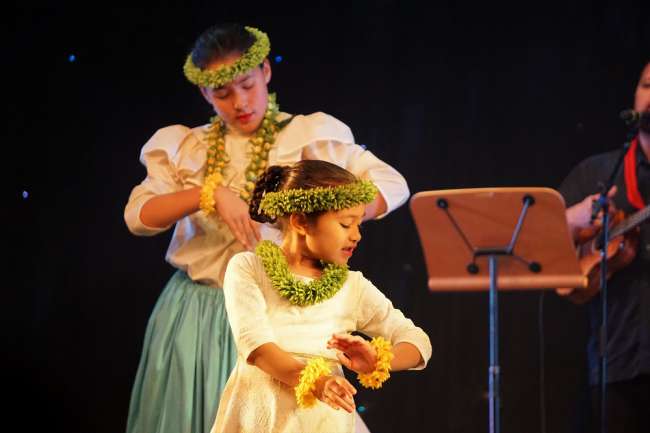
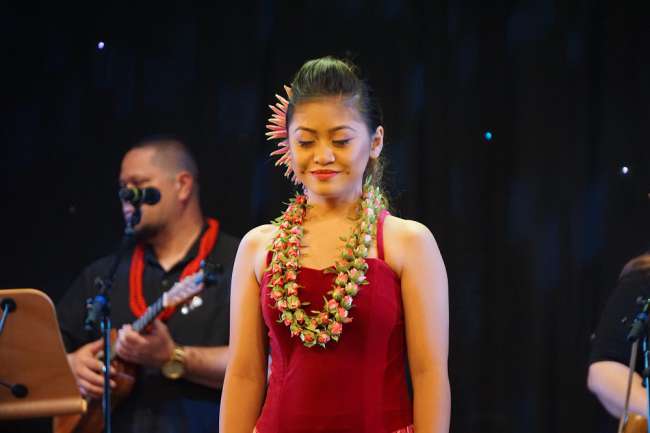
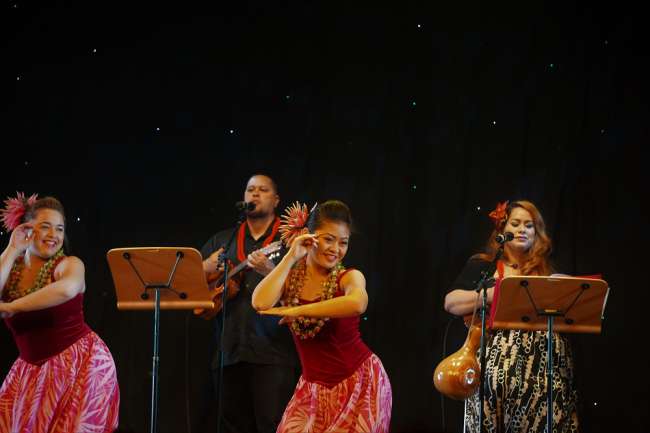
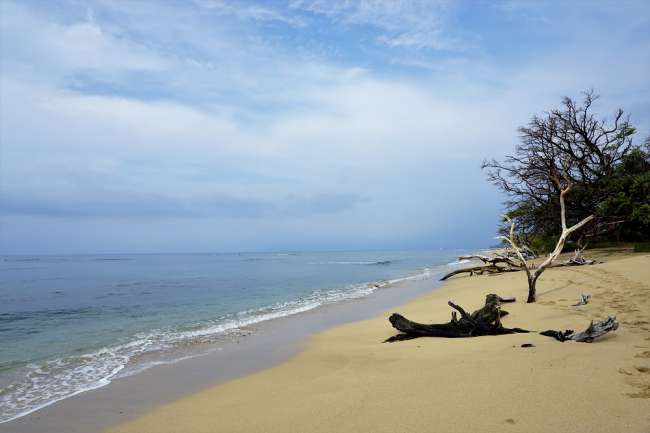
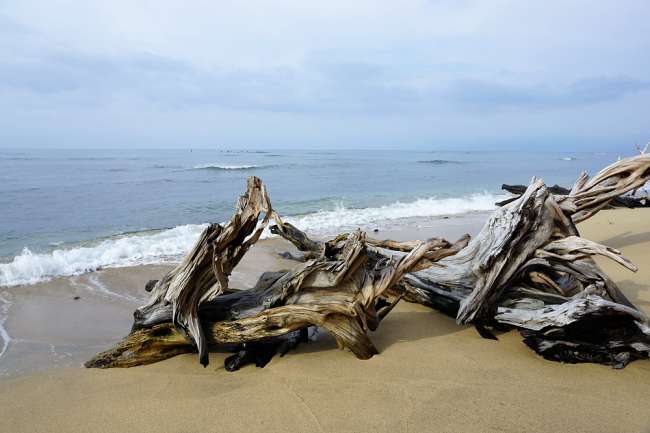
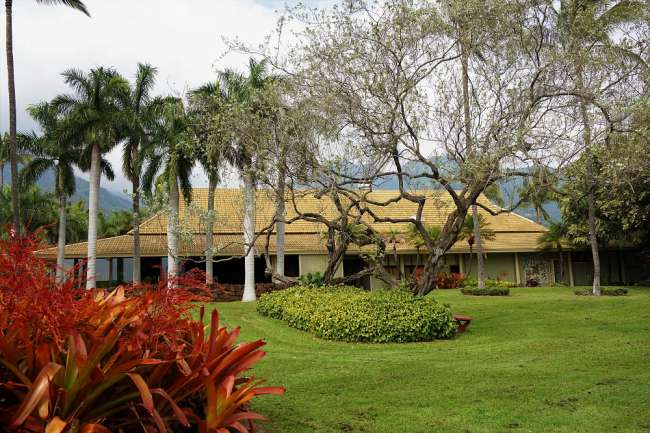
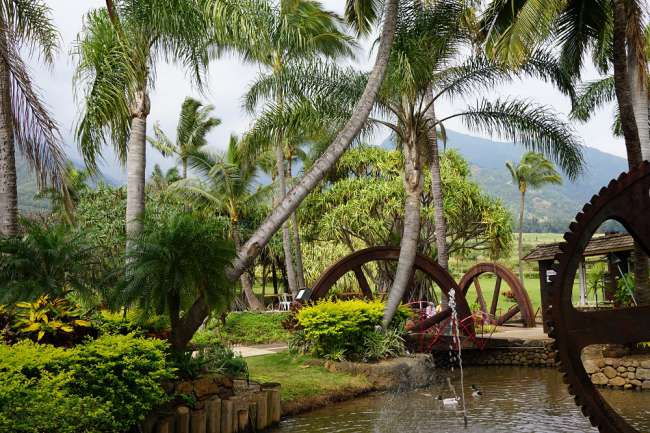
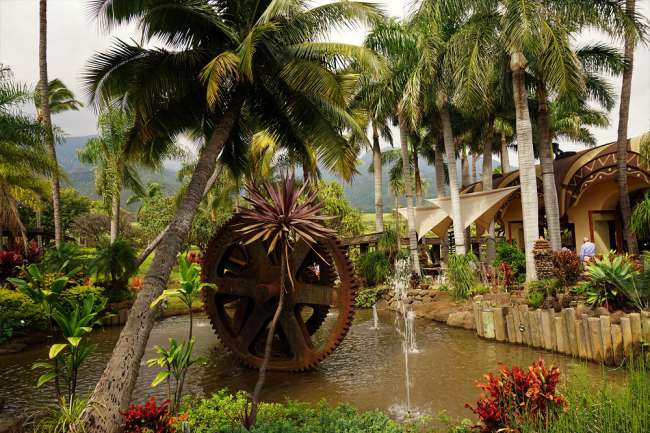
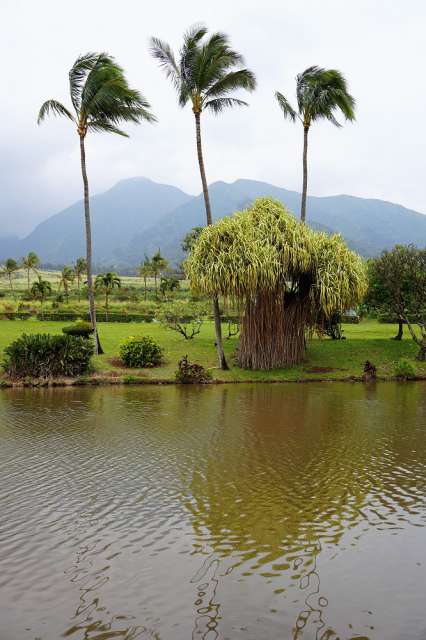
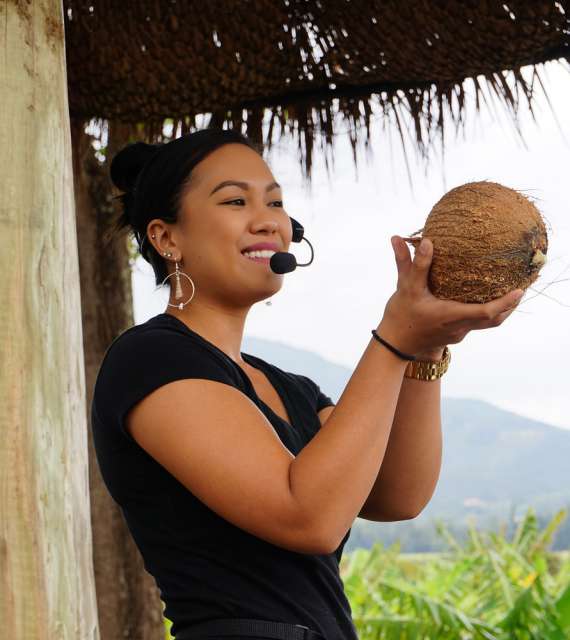
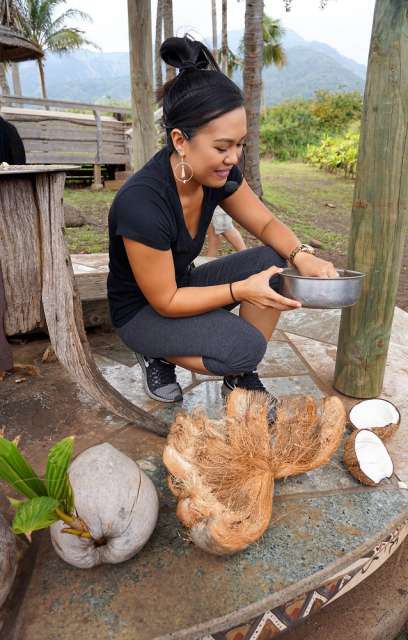
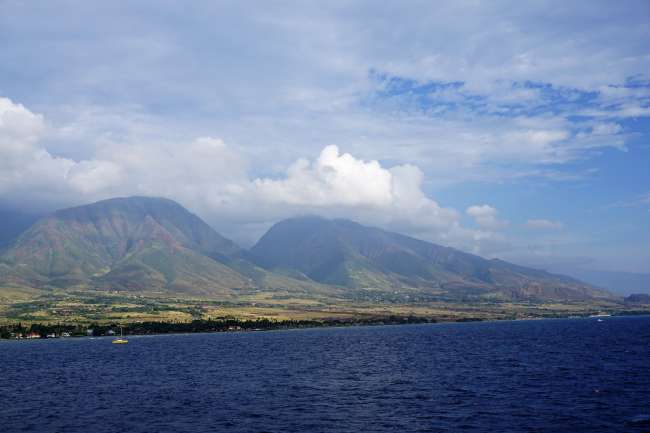
Nyorera kune Newsletter
So beautiful this greeting sounds, so beautiful is also this island world, of which I have now gotten to know two islands: Oahu, the main island with the capital Honululu, and Maui with the island capital Lahaina. The beautiful and exotic sound of these names comes from the fact that the Hawaiian alphabet has only 7 consonants, which must be connected with the 5 vowels to form words. Therefore, there are many similar syllables and repetitions, so that the words are sometimes very long and unpronounceable for us.
The sound of this language, friendly people, sun, beach, and sea make the islands a real gem. The warm and predominantly constant temperature of 25 degrees with a light wind and low humidity makes the day very bearable, even at noon, all year round. That's why many people come here, but it is also expensive here, because Hawaii ranks third in the cost of living among American cities after New York and San Francisco. My bus driver told me that he always has about 400-500 USD electricity costs per month for his family.
In Honolulu, people mostly live in apartments, so there are many high-rise buildings, but everyone has access to the beach, so there are no private hotel beaches. The beach and city life flow seamlessly into each other. The beaches are public throughout Hawaii and are seen as meeting points and places of retreat. So everything is very relaxed here, you just go to the beach, which is only a few meters away from the main road, and sit on a folding chair or under a palm tree. I really noticed first that despite the big city, everyone here is very calm and relaxed.
Nevertheless, Honolulu is not backward or provincial in any way, but very modern with elegant shops, many shopping malls, modern architecture, and wide streets. This modern touch led to the first disappointment for some of my fellow travelers upon arrival because they had imagined that hula girls in grass skirts would put flower garlands around our necks. This cliché no longer corresponds to reality. The traditional hula dances, which are currently experiencing a real revival in dance schools, are danced almost exclusively in colorful dresses, mostly covering the body. Otherwise, Hawaii is very traditional, adheres to old customs, for example, people shake hands with both hands, are friendly and smile. The blend of Western and Eastern cultures makes it unique: Either Hawaii is the most American country in Polynesia or the country in the USA with the greatest Polynesian character. So it depends on the perspective.
For the first day, I had decided to only visit Honululu, I took the bus from the ship to Waikiki Beach on my own. I had always wanted to go there, and it seemed very Hawaiian to me because on the open beach access directly behind the heavily traveled main road of the city stands the statue of Duke Kahanamoku, who is considered the father of surfing. As a swimmer, he won multiple gold medals at the Olympic Games from 1922 to 1934 and popularized the old Hawaiian sport of surfing, which then went on to conquer the world. Surfing is even supposed to become an Olympic discipline in Tokyo in 2020. So Duke stands on the beach in front of his surfboard and at his arms and feet lie the typical fresh flower garlands with which he is revered as a hero. Behind it, there is a beautiful long beach with very fine sand. Surfbboards can be seen everywhere. I found a parking lot for surfboards in a small alley that led to the beach. About 50 boards were securely chained there, but I also saw people walking through the city with surfboards. So, like the bicycle for us, surfing is part of the way of life. I also took a look at the "First Lady of Waikiki," the oldest hotel from 1901, which is still considered one of the best accommodations under the Sheraton management. In this "Moana Surfrider," I could easily march into the hotel, look around, take a break, and even reach the pool at the beach. Everything is very relaxed. During my walk, I found beautiful small parks in the middle of building complexes, currently decorated in the Chinese style since the Chinese New Year is still being celebrated.
As a contrast, the next day in Maui, I took a closer look at the landscape in the interior. The small island capital Lahaina used to be the residence of the king until it moved to Honululu. A huge banyan tree is the attraction next to some old houses from the 19th century, because the tree has a circumference of 402 m and is 18m high. Maui was predominantly the center of whaling. Herman Melville lived here and was inspired to write "Moby Dick".
We saw whales several times, we could already observe this from the ship, as several animals showed their jumps and spouts quite close. That was a real natural spectacle, as they are quite massive (3-4m long). The whales are currently in the warmer waters here from Alaska. But I could also see whales from the completely natural beaches in Maui. The island is quite untouched at the natural beaches, has volcanic mountains like all the islands and a beautiful green vegetation. Surfing is an even bigger topic here because on the north coast, the waves reach a height of 9m in December, and championships are held. I didn't see such waves because it was really a quiet, albeit not very sunny day. But you have to be careful while bathing because there are different types of sharks here. I found it interesting that dolphins can drive away sharks and have already saved people because of that. The Hawaiians see dolphins like a dog in the house that guards everything. In the inland, I then spent a few hours on a plantation for fruit cultivation, which was beautifully situated in the landscape and was arranged like the Garden of Eden. There I could take my time with photography. It was interesting to see macadamia trees, avocados, starfruit, and coconuts growing. By the way, coconuts are the number one danger, so the fruits must be removed in public places and paths. There are even traffic signs warning of falling coconuts. They look very funny because several people are stylized in the illustration trying to escape the falling nuts. So, statistically, coconuts are more dangerous than sharks!
However, the beautiful and relaxed day in Maui ended somewhat arduously because the QE had to anchor and we had to go ashore with tender boats. It went quite well on the way there, but there were big problems on the way back because the American immigration authorities demanded that only one tender boat (journey of 15-20 minutes with boarding and disembarking) could be on the sea at a time. With so many passengers and also a part of the crew making shore excursions, it was naturally a disaster because everything accumulated and the QE could only leave 2 hours later, much to the captain's annoyance. We all didn't understand why more boats were not allowed to transport people at the same time, they probably feared a concentrated attack by the Queen Elizabeth tender boats on the coast!
But otherwise, Hawaii was really worth the stay. By the way, during the small dance show of traditional hula dances, a little 6-year-old girl won the hearts of everyone by doing a great job with the hand movements and facial expressions.
Now we are on our way to Samoa, Apia. We have already been told that it will be very difficult to visit and photograph beaches and landscapes there because the residents live in clans that own the land, and when you take a photo or set foot on the beach, a family member immediately comes running and demands money. So it's like a tourist tax in Samoa. But there is still a long way to go before we experience that.
On our journey to the South Seas, we cross the date line, skipping February 13th, and keeping Valentine's Day. We initially had the information that this day would be canceled. But of course, we prefer to do without a 13th. Equator baptism is also on the agenda, for those who want to take part. But I will gladly give up on that.
Until soon, greetings to all of you with already 28 degrees outside temperature!
Eva
Nyorera kune Newsletter
Pindura (1)
Sibylle
Wunderschöne Bilder und ein hinreißender Reisebericht!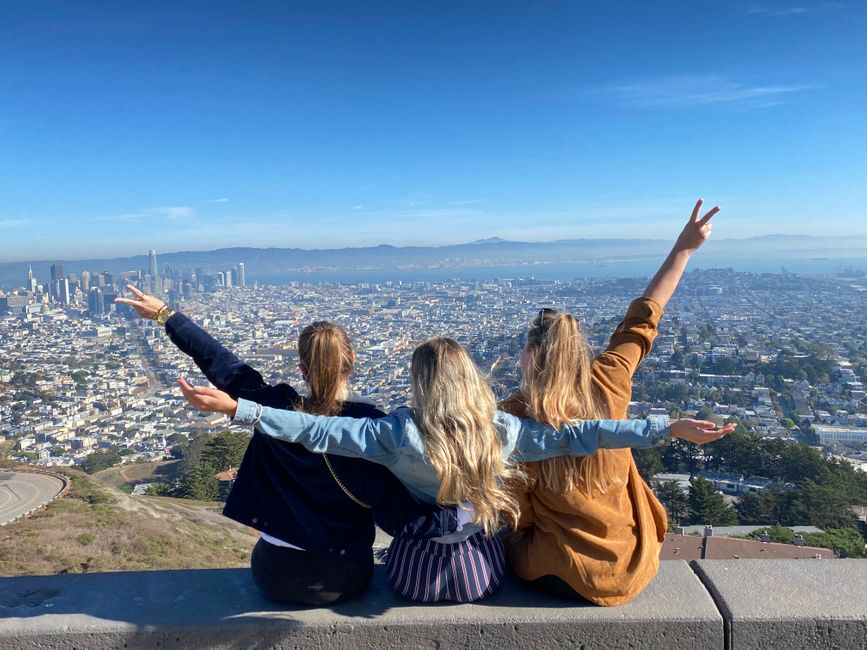
Mishumo yekufambisa USA
